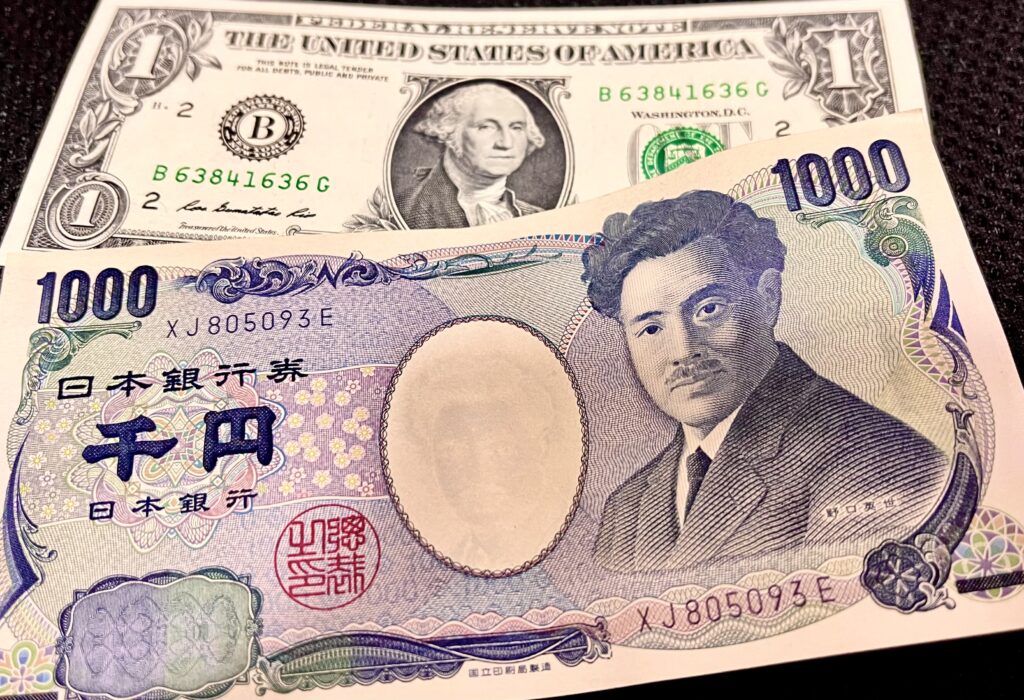
- ARAB NEWS
- 01 Aug 2025

TOKYO: While many believe the disparity in interest rates between the United States and Japan sparked the yen’s recent fall, WATANABE Hiroki, Japan’s former Vice Minister of Finance for International Affairs, says Japan has traditionally undervalued its currency.
“The exchange rate reflects Japan’s economic strength at any given time,” Watanabe was quoted as saying by the Nikkei newspaper. “As a country over-reliant on trade, Japan has had an aversion to the yen strengthening. This led to a sustained stance of keeping the yen weaker than the exchange rate that reflected the underlying economy.”
Japan had to weigh up the balance of costs between exports and imports, especially during the boom years of the 1980s and 1990s. The weak yen was good for exports until the early 1990s, but with Japan’s industrial decline and Asia’s rise it became less of a factor.
Watanabe says the recent weakening of the yen is a correction from being overvalued. “Even if the rate gap were to shrink, the yen is not likely to return to the 115 level so easily,” he says.
He also said the yen’s position as a safe-haven currency is weakening. “Market participants came to see the yen and Swiss franc as currencies with relatively little exchange rate fluctuations. But this perception of a ‘safe-haven currency’ was a misconception.”
“The yen was purchased not because of high yields that would be profitable, but because of the knowledge that the government and central bank would step in to correct any big swings.” Watanabe says Japan’s industrial decline has also been a factor.
“The country had the power to earn from exports, including textiles in the 1970s and household appliances in the 90s,” he says, adding that shifting industrial strengths, for example in car manufacturing, has made Japan’s position weaker.
“The exchange rate is not determined by trade balances alone, but market participants increasingly do not see currencies of countries that continue to run deficits as strong currencies.” Watanabe said. “Questions about Japan’s economic strength can’t be easily dismissed. Private industry must make products that sell. Japan needs a manufacturing industry that produces jobs and can sell overseas.”
However, Japan’s demographics make this a difficult target, Watanabe says: “As the population declines, the aging of society will accelerate. That will result in a drop in productivity. Earning money alone will not be enough.”